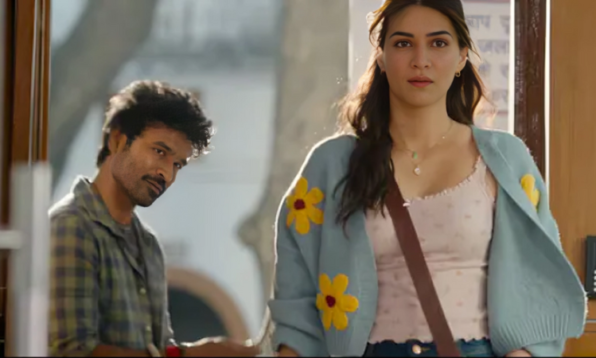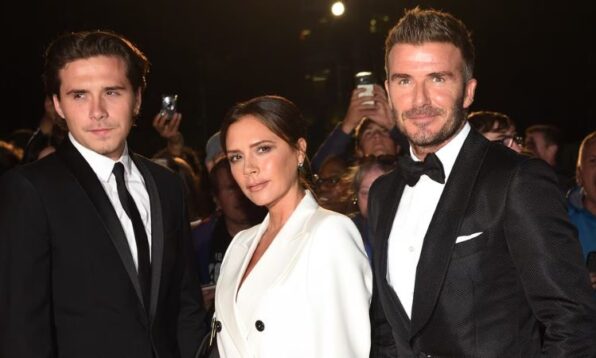Instead of spending weeks swiping left and right, or going on yet another blind date, what if you simply ask ChatGPT, “Find me someone who’s adventurous, hates reality TV, and doesn’t ghost after two dates.” A few seconds later, AI hands you a list of potential matches. No awkward small talk. No endless scrolling. Just data-backed romance on demand. Sounds futuristic, doesn’t it? But we’re already living in a world where algorithms shape our choices — what films we watch, what food we order, even what jobs we apply for. So, it’s only natural to ask: can you use AI in dating? Can ChatGPT really pick a better partner for you than you could for yourself?
Why humans aren’t always the best matchmakers

Let’s be honest: we don’t always make the best choices in love. We’re easily swayed by charm, chemistry, or a nice jawline. We’re also full of biases. We fall for “the halo effect” (assuming someone funny must also be kind) or we repeat the same mistakes — dating people with eerily similar red flags, then acting surprised when it doesn’t work out. In short, our hearts often ignore what our heads should know.
However, AI is already playing Cupid, whether you’ve noticed or not. Dating apps like Tinder, Hinge and OkCupid use machine-learning algorithms to suggest matches. Believe it or not, AI use in dating has soared by a staggering 333% in just one year. Nearly half of Gen Z singles are already leaning on AI for help with dating, whether for crafting profiles, breaking the ice, or even screening potential matches. AI doesn’t just look at your stated preferences, it analyses your behaviour — who you swipe on, how long you linger on a profile, and who actually replies to your messages.
These algorithms work in ways that go far beyond old-school compatibility tests. They use collaborative filtering (if you liked this type of person, you might like someone similar), natural language processing (to match your bio style with others), and even large-scale data analysis to nudge you towards profiles you’re statistically more likely to engage with. Match Group, which owns several of the biggest apps, has even tested AI assistants to help users choose photos, polish bios, and filter out toxic interactions. In other words, the machines aren’t just suggesting partners; they’re shaping how we present ourselves and who we see.
How good is AI at predicting romance?

Surprisingly, not bad, at least in certain contexts. In experiments with speed-dating data, machine-learning models could predict who would agree to a second date better than chance, simply by picking up subtle behavioural patterns. Psychologists like John Gottman have shown that with enough observation, certain signals, like how couples argue, can predict long-term stability with startling accuracy.
Of course, dating apps don’t get hours of footage from your living room rows; they get a handful of photos and a few swipes. That means the predictions they make are often better at identifying short-term interest rather than lifelong love. Still, they can be uncannily good at spotting patterns such as your tendency to go for partners with careers that keep them away or people with a particular communication style.
The pitfalls of letting AI play cupid
Now, before you hand over your love life to ChatGPT, there are some serious caveats.
- Garbage in, garbage out: AI only works with the data you give it. If your profile exaggerates your gym routine or downplays your desire for kids, the system will match you with people who fit a false version of you.
- Bias baked in: Algorithms learn from human data, which means they inherit human prejudices. That can mean narrowing your dating pool in ways you didn’t choose.
- Chemistry can’t be coded: No model can capture the feeling of laughing until your stomach hurts, or the unexplainable pull when someone just clicks.
- Over-optimisation kills spark: If love becomes a data problem to be solved, you risk missing the glorious, irrational chaos that makes human connection special.
So, who picks better — you or ChatGPT?

If we’re talking about avoiding obvious mismatches and spotting long-term compatibility clues, AI might do a better job than your instinct. It doesn’t get distracted by charm or swayed by old patterns. But if we’re talking about finding that electric spark, that messy, unpredictable thing we call chemistry, AI doesn’t stand a chance.
The truth is, AI in dating works best as a mirror, not a matchmaker. It can help you see your own patterns more clearly, highlight what you really value, and maybe even save you time by filtering out the worst fits. But love isn’t something you can outsource entirely. The algorithm can draw the map, but you still have to take the journey — missteps, butterflies, and all.
Featured Image Source
Related: How To Impress A Girl In 2025: Expert Tips From A Dating Coach

 Web Stories Title
Web Stories Title











